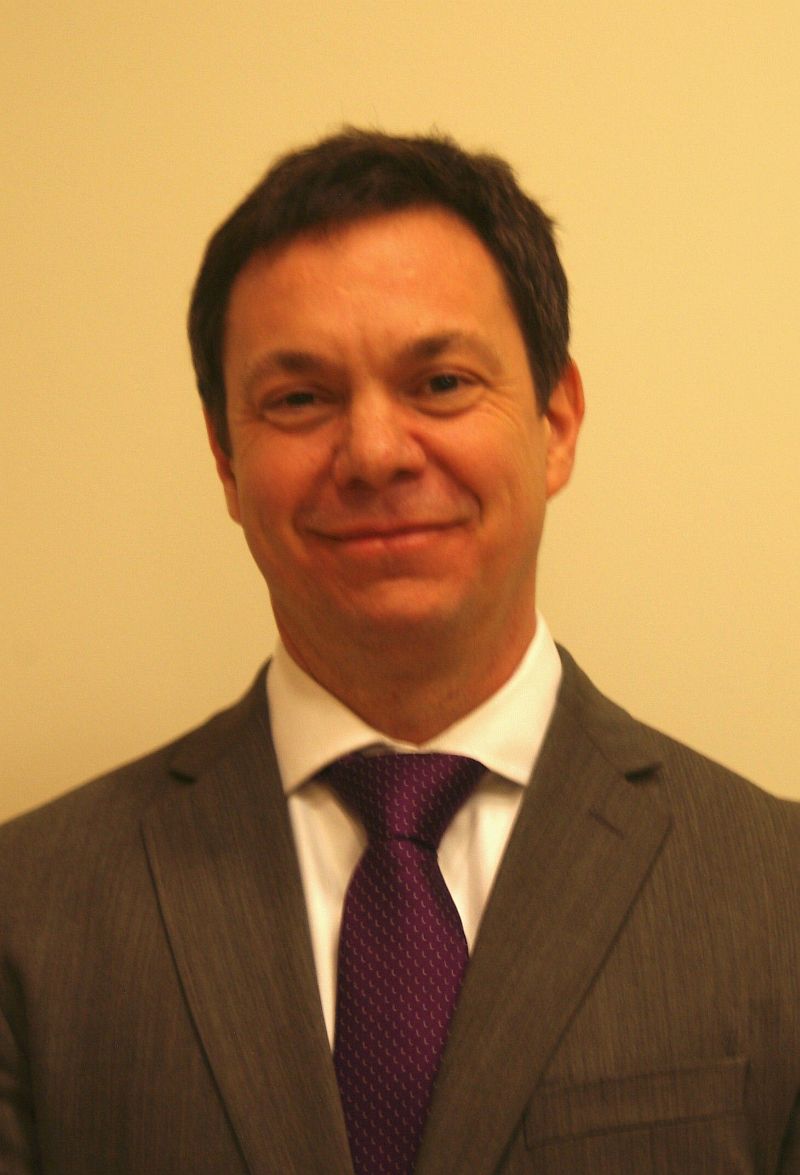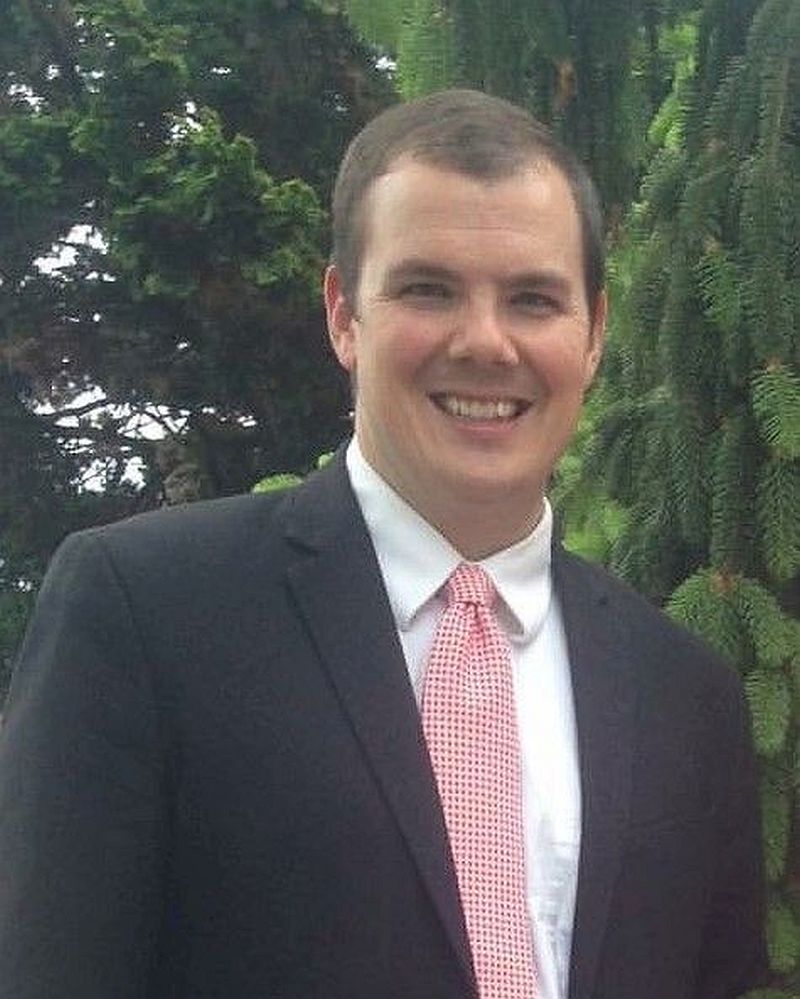Nationwide, humanities disciplines are taking a closer look than ever at the career trajectories of M.A. and Ph.D. recipients in their respective subjects. This is partly a product of the continuing tight market for regular academic appointments; partly, also, a realization that graduate programs have to advise their students for the entire range of career paths for which their training equips them and they want to pursue.
History is no exception. The American Historical Association (AHA) recently launched an initiative on “Career Diversity for Historians”. One outcome is the first granular empirical study ever conducted of the career outcomes of recent history Ph.D.s. Catholic University’s Department of History was one of 34 doctoral programs in history at Carnegie R1 and R2 ranked institutions analyzed in the first phase of the AHA study.
Our department’s record of placing new Ph.D.s into faculty positions at four-year institutions is roughly comparable with our peer programs. But the most remarkable revelation in the AHA study is that nearly 30 per cent of recent Catholic University history Ph.D.s now work for the federal government, a rate that dwarfs other programs in the study (for which the corresponding figure for all government careers seldom exceeds 5 per cent).
Part of the reason is obvious: we are in Washington, D.C., where much history happens, and every branch of the federal government has a historical branch with research imperatives. Partly it is because graduate-level historical skills are vital to research, policy, and management roles. The Department’s recent initiatives continue to foster those connections, with expanded graduate internship programs and development of a new M.A. program in public history.
Here, three of our recent graduate alumni reflect on their careers in government, and how their graduate training in the Department of History led them there, in their own words:

Carl Ashley (Ph.D., 2003)
Chief, Declassification Division, Office of the Historian, U.S. Department of State
“The Office of the Historian is tasked by Congress with publishing the official record of United States foreign policy in the Foreign Relations of the United States (FRUS) historical documentary series, which the Department of State has published continuously since 1861. My job is to coordinate the interagency declassification review of the documents selected by our historians, which involves passing the documents around to various government agencies so the material can be evaluated for any sensitive national security issues before we release it to the public. My daily routine involves managing the two dozen or so FRUS volumes in the declassification process, contacting declassification review officials at the Department of Defense, the Central Intelligence Agency, the National Security Council, and other agencies, to advocate for the release of as much historically significant material as possible, consistent with protecting national security.
“Historical training provides context and judgement: the ability to analyze a large amount of detailed information, the ability to communicate concisely and effectively, both orally and in writing, the ability to organize and manage complex, long-term projects and, most important, the tenacity to see long-term projects, sometimes requiring months or years of attention, through to a successful conclusion. In my corner of government I’ve seen far more humanities and social science majors than engineers: for example, history Ph.D.s serving in the Foreign Service as diplomats and ambassadors, intelligence analysts at the Central Intelligence Agency, records managers at the National Archives, museum curators at the Smithsonian Institution, military officers in the Department of Defense, National Security Council staffers, and managers in all agencies.”

Jessica Hartman (M.A., M.S.L.I.S., 2014)
Government Information Specialist, National Archives and Records Administration (NARA)
“Most of the records at NARA are open and available with no access restrictions. However, certain collections, such as Department of Justice records (including FBI material) and some military records, still have restrictions because they contain sensitive information. The only way to access these records is through the Freedom of Information Act (FOIA). My primary responsibility is to ensure that these requests are administered properly. This means that requests are routed to the appropriate office, all responsive or potentially responsive records are located, and requesters are responded to in a timely manner, in accordance with the laws of the FOIA.
“The history degree has helped me to see how different stakeholders (agencies and departments within those agencies) responded to historical events, documented history, and collaborated with other agencies. It’s the many different, overlapping connections that studying history at a higher level helps in understanding both the past and the present.
“Catholic University and the seat of the federal government are both in D.C. We are lucky enough to not only have a front row seat to major events, but as historians we are lucky enough to have greater access to records.”
 Ryan Carpenter (Ph.D., 2018)
Ryan Carpenter (Ph.D., 2018)
Leadership Support Historian, Office of the Secretary of Defense (OSD), U.S. Department of Defense
“The Department of Defense (DoD)’s Applied History Program collects, interprets, and synthesizes historical information to support senior officials within the OSD and to strengthen historical awareness throughout the DoD. Oral history interviews of current and former DoD officials, conducted with the support of this program, serve as repositories of experience and knowledge for future defense leaders to consult. My primary function is to build and maintain the OSD historical oral history program. I prepare and conduct oral histories with outgoing Pentagon civilian leadership, as well as editing and managing the oral history collection. I also respond to small requests from within the Pentagon on historical matters.
“The entire grad school experience, especially the dissertation phase, prepared me for my current position. Coursework strengthened my knowledge base. OSD Historical is full of academics, so working with other academics in the same phase of our careers helped prepare me for a professional work environment. In the case of my dissertation, I purposely focused on a topic relevant to my work. I was able to build a historical knowledge base while working with current issues in the Pentagon.”
